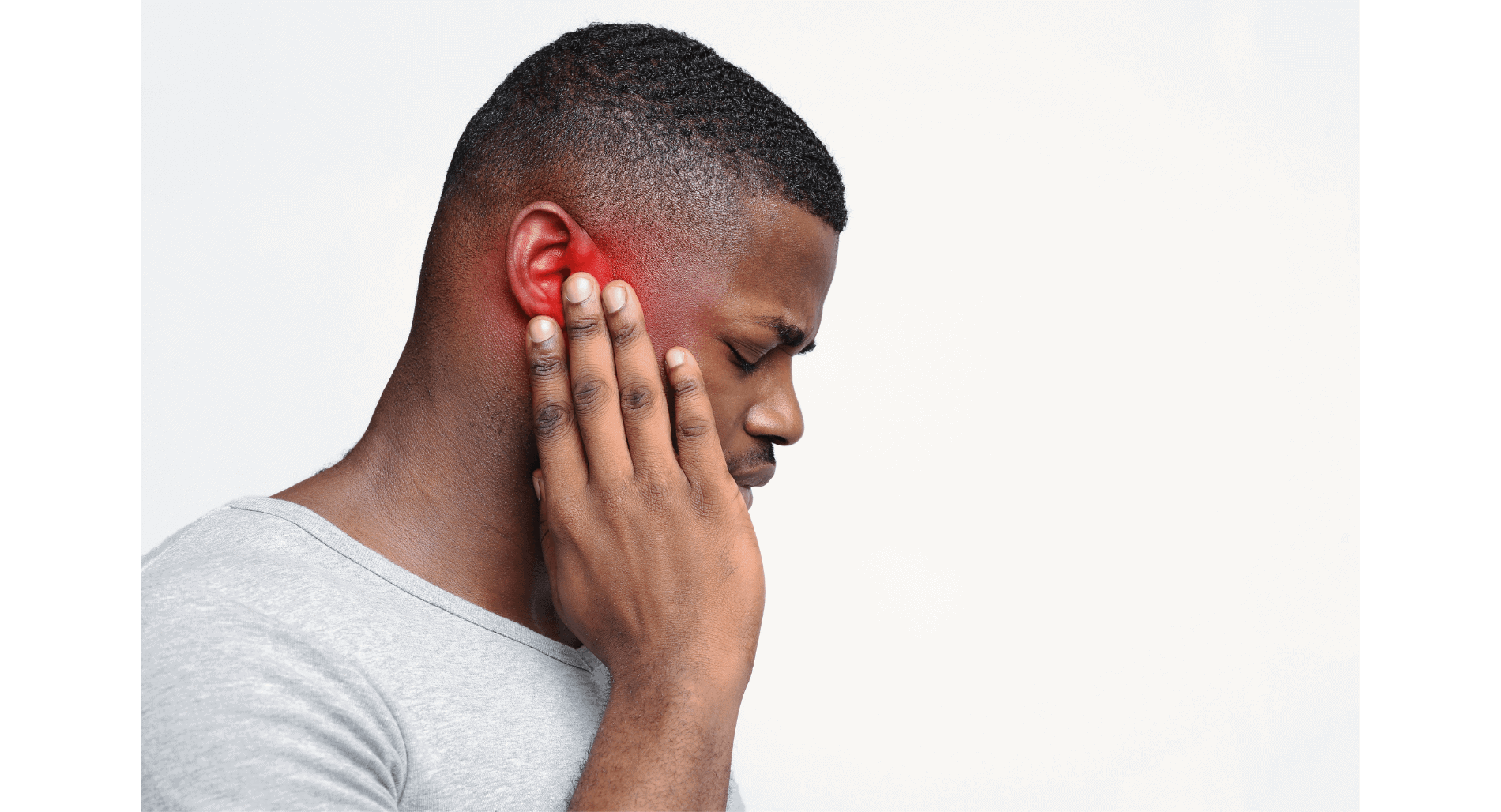
- A Step-by-Step Look at How Hearing Aids Make Sounds Sharper - May 5, 2025
- Causes of Conductive Hearing Loss? - April 27, 2025
- Can Treating Hearing Loss Reduce Stress? - April 15, 2025
Ear infections are a common concern for many individuals, and for those who rely on hearing aids, managing these infections effectively is crucial. These tiny devices are invaluable for improving hearing ability, but they also require special care, especially when dealing with ear infections. In this guide, we’ll explore how to handle ear infections when using hearing aids, ensuring both your hearing health and the longevity of your devices.
Understanding Ear Infections and Their Impact on Hearing Aids
Ear infections, medically known as otitis media, occur when the middle ear becomes inflamed or infected. This can result in various symptoms, including ear pain, fluid drainage, and temporary hearing loss. For individuals who wear hearing aids, ear infections can pose additional challenges. The presence of moisture, inflammation, or discharge in the ear canal can affect the functionality and performance of hearing aids.
Tips for Managing Ear Infections While Using Hearing Aids
Maintain Good Ear Hygiene: Keeping the ears clean and dry is essential for preventing infections and minimizing their impact on hearing aids. Use a gentle, alcohol-free solution to clean your outer ear and hearing aids regularly. Avoid inserting cotton swabs or other objects into the ear canal, as this can push wax deeper and increase the risk of infection.
Consult Your Healthcare Provider: If you suspect an ear infection or experience any symptoms such as pain, discomfort, or drainage, it’s important to seek medical attention promptly. Your healthcare provider can assess the situation, prescribe appropriate treatment, and offer guidance on managing your ear health while wearing hearing aids.
Temporary Discontinuation of Hearing Aid Use: In some cases, it may be necessary to temporarily discontinue wearing your hearing aids until the infection clears up. This can help prevent further irritation or complications and allow your ears to heal properly. Follow your healthcare provider’s recommendations regarding the use of hearing aids during the infection period.
Proper Storage and Maintenance: When not in use, store your hearing aids in a clean, dry case to protect them from moisture and bacteria. Regularly inspect your devices for any signs of damage or buildup and clean them according to the manufacturer’s instructions. Proper maintenance can help prolong the life of your hearing aids and minimize the risk of infection.
Consider Alternative Communication Strategies: While dealing with an ear infection, communication may become more challenging, especially if you rely heavily on your hearing aids. Consider using alternative communication strategies such as writing, gestures, or lip reading to facilitate interactions with others until your hearing improves.
Follow-Up With Your Healthcare Provider: After the infection has cleared, schedule a follow-up appointment with your healthcare provider to ensure that your ears are healing properly and to address any concerns or adjustments needed for your hearing aids.
By taking proactive steps to manage ear infections and care for your hearing aids, you can minimize the impact of infections on your hearing health and enjoy the benefits of improved hearing for years to come. Remember to prioritize ear hygiene, seek medical attention when needed, and maintain regular maintenance routines for your hearing aids.
